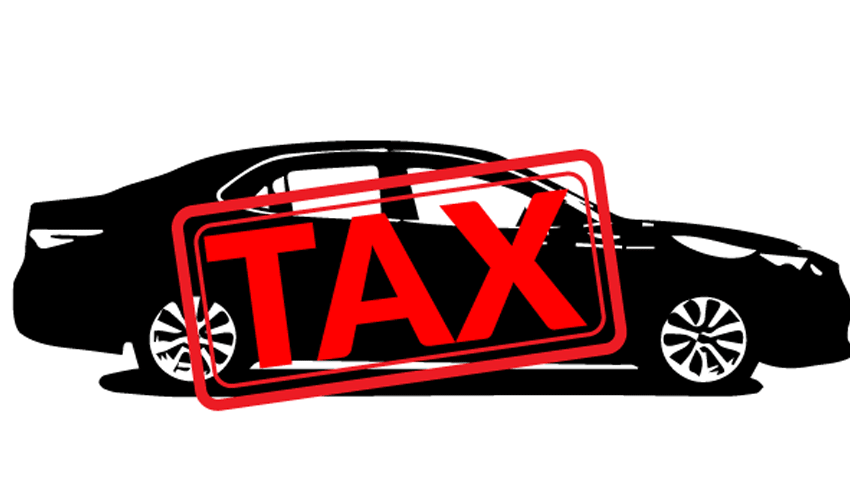Islamabad, June 18, 2025: In a major policy shift, the federal government has rolled out a new fixed levy on all petrol and diesel-powered vehicles under the Budget 2025–26, impacting both local and imported cars. The move directly targets internal combustion engine (ICE) vehicles — a category that still dominates Pakistan’s roads.
According to details in the Finance Bill 2025–26, the new levy will be calculated as a percentage of the total value of the vehicle, varying by engine size. It will be deducted at the source from car manufacturers and importers, though the added cost is expected to be pushed onto the end consumer.
Engine-wise Levy Breakdown:
- Vehicles under 1300cc: 1% levy
- 1300cc to 1800cc: 2% levy
- Above 1800cc: 3% levy
- Plus, a flat 1% additional levy on all categories
This layered taxation is expected to drive up car prices significantly, especially for higher-end models and imported units. Industry experts warn that buyers could face steep hikes, particularly in the luxury and executive car segments.
Auto Sector Reaction: Rising Costs & Lower Demand
Pakistan’s automobile sector, already grappling with skyrocketing production costs and limited imports, now faces additional pressure. Industry leaders point out that while a 1–3% levy may seem minimal, its real-world impact could be sizable, especially on vehicles priced in the millions.
“For a 2000cc imported car worth Rs. 10 million, this could mean an added cost of Rs. 400,000 or more — a major burden for buyers,” shared a senior executive from a top automotive firm.
Local production has already hit record lows, with several companies scaling back operations amid economic uncertainty. This new ICE vehicle tax may further reduce consumer interest, particularly in non-essential vehicle categories.
Read More: Faisal Movers Karachi Terminal – Location, Services & Contact Info
Is Pakistan Signaling a Push for EVs?
Some analysts view this tax on petrol and diesel vehicles as a strategic hint toward promoting electric vehicles (EVs) and hybrids. The policy could be the government’s subtle step toward greener alternatives. However, auto policy expert Faheem Ahmed emphasized, “Taxation alone won’t drive EV adoption — infrastructure, affordability, and buyer confidence are key.”
Read More: New MG Car Prices After Latest Tax Hike









